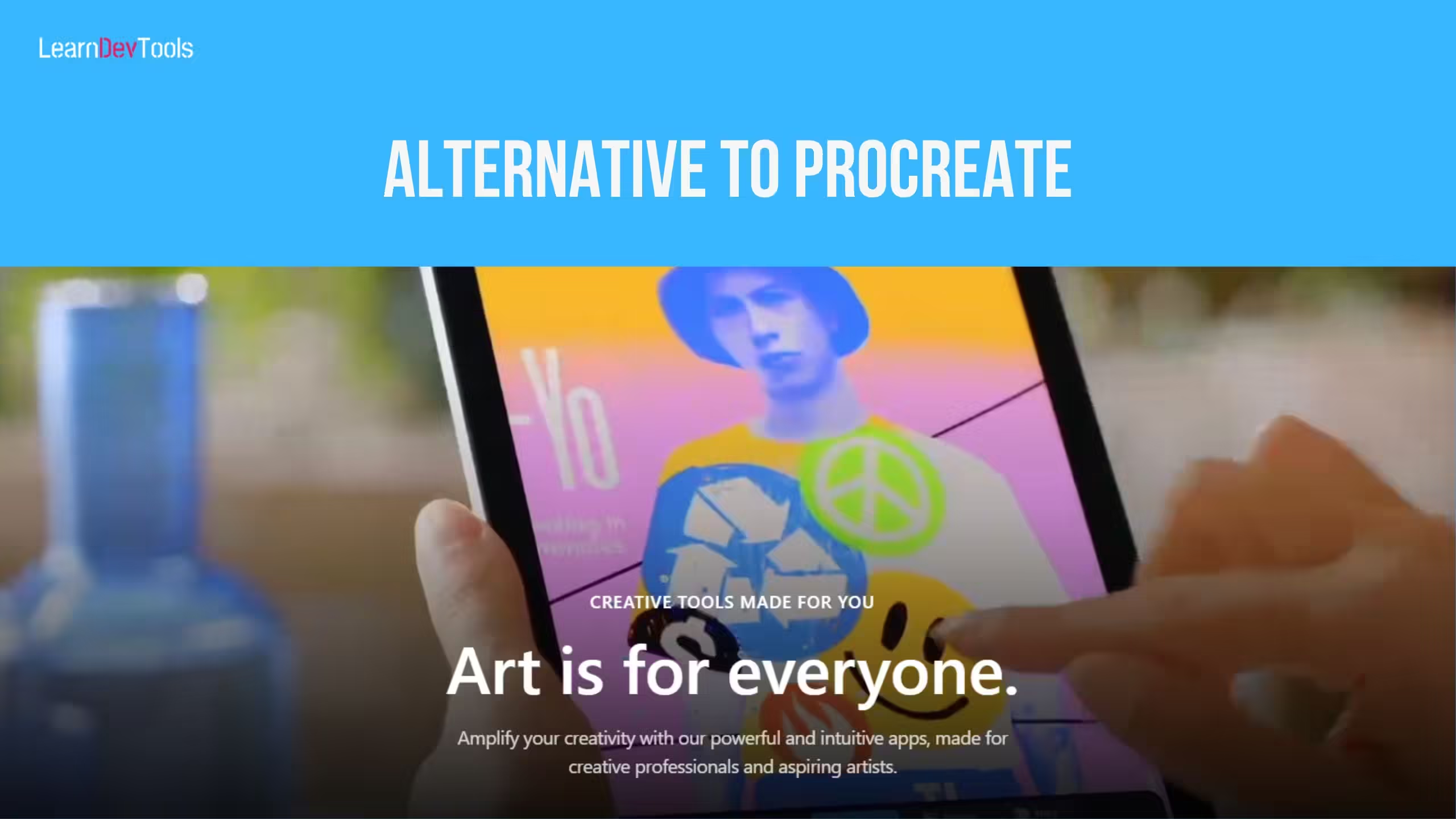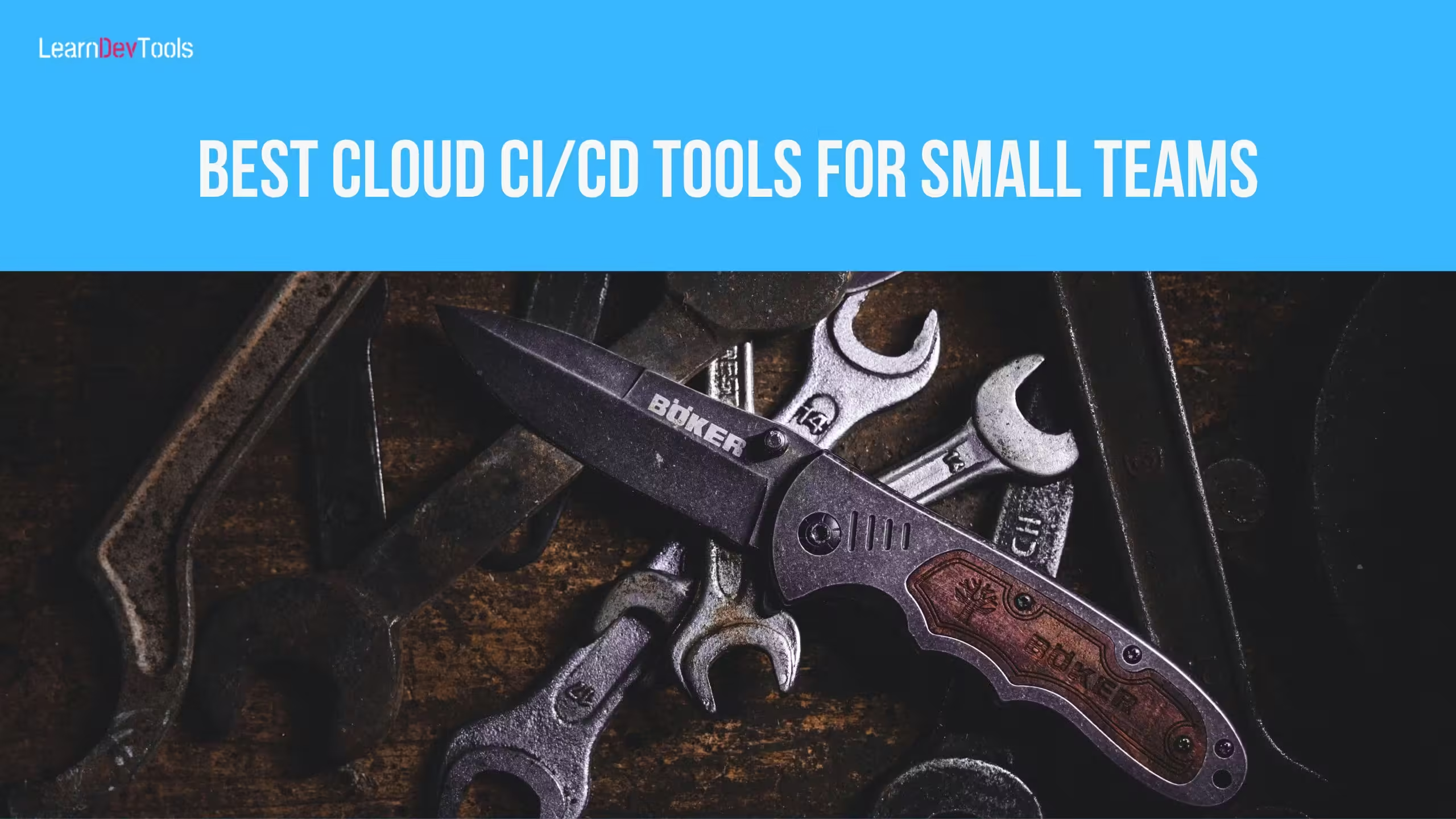As an individual, aspiring to become a Freelance Technical Writer can be both exciting and overwhelming. Learning about technical writing must have been fun and inspiring, but deciding to turn it into a full-fledged freelancing career can feel daunting.
But where do you start? What skills do you need? How do you build a portfolio, attract clients, and ensure you’re getting paid what you’re worth?
In this article, I’ll guide you through what you need to know to become a successful freelance technical writer. I will teach you how to start like the best tech writers, I’ll break down the essential skills you need to master, the key steps to take as you embark on your freelance writing journey, and most importantly, how to build a strong portfolio that attracts clients, and helps you get paid for your work, in short, how to become a tech writer.
Skills You Need to Become a Freelance Technical Writer
Technical Expertise and Knowledge
A good technical writer doesn’t just write; they understand. To explain technical concepts clearly, you need an understanding of what you’re writing about and a firm grasp of how to write technical content. Deep subject knowledge is important, no matter the niche you decide to pursue, whether software, engineering, healthcare, or science.
Knowing how to structure a technical article and following the right steps in the writing process is just as important. If you lack understanding of the topic, it becomes nearly impossible to inform or educate someone else effectively. But when you combine writing skills with solid subject knowledge, you can confidently break down ideas and present them in a way your audience will appreciate.
And remember, practice is key. The more you write, the more skilled and knowledgeable you become.
For more information on writing effectively, check out Part One of our series on mastering the art of technical writing.
Writing and Editing Skills
This one goes without saying, but it’s more than just grammar. You need to be clear, concise, and structured in your communication. Also, great editing skills help you refine your drafts into well-structured, reader-friendly documents that are engaging, which can inform, instruct, and guide.
Knowledge of Documentation Tools
As a freelance technical author, your toolbox matters just as much as your writing skills. You’ll frequently work with a range of documentation tools, each designed differently to help you create, format, manage, and publish content more efficiently.
You’ll often work with tools like Microsoft Word & Google Docs, Markdown & LaTeX, Adobe FrameMaker, MadCap Flare, or RoboHelp, CMS platforms, and version control tools like Git. Knowing your way around these tools can boost both your productivity and professionalism.
To know more about these tools, check out Part Two of our series on Technical Writing for Beginners.
Organizational Skills
To become a freelance technical writer, you need to be able to manage your projects because at one point, you’ll be juggling between multiple clients, projects, deadlines, and revision cycles. You also need to organize and structure your thoughts, as structured thinking will help you present information logically and consistently. Being organized helps you stay on top of your tasks and, at the end of the day, deliver high-quality work.
Blogging Skills
Blogging is another one of those skills you need to become a freelance technical writer, Blogging helps you put your work out there, build an online presence, and hone your voice. By so doing, you will attract potential clients and create an audience base.
Content Marketing Skills
Content Marketing comes in when you want to sell your article and also want your article to reach a larger audience. If you’re writing for online platforms, basic content marketing and SEO skills are a huge bonus. Knowing how to make your content rank and get read can make you an even more valuable asset to clients, especially startups or SaaS companies.
Why Freelance Technical Writing Might Be the Best Career Move You Make
Freelance technical writing isn’t just another way to earn a living; it’s a path to freedom, flexibility, and the power to design your own career in a way that pleases you. When you think about becoming a freelance tech writer, you think of the endless possibilities and benefits that come with it. I’ll categorize these benefits under financial or personal benefits.
On the personal side, it gives you the freedom to set your own schedule, work at your preferred pace, and choose projects that match your interests or strengths. One of the biggest perks is the ability to work from anywhere, whether that’s your home office or a co-working space. All you need is a laptop and a reliable internet connection.
Financially, freelancing offers flexibility and growth potential because you’re not limited to a single employer or fixed income. You can also take on multiple clients and projects, allowing you to grow your earnings based on your availability and expertise. As you gain experience and build a solid portfolio, you’ll be able to charge higher rates and attract premium clients.
In short, freelance technical writing gives you control, flexibility, and growth, making it a rewarding path for self-motivated professionals who enjoy both writing and solving problems.
Steps to Become a Freelance Technical Writer: Start Like The Best Tech Writers.
1. Research the Freelance Writing Industry
Research is key in this field. Don’t just dive headfirst into this field; before diving into freelance technical writing, take the time to research the industry thoroughly. Make sure to explore the types of projects you might work on, like user manuals, articles about technologies, and software documentation, and equally research on the fields that often need technical writers, such as software, engineering, and healthcare. Also, visit the websites and blogs of established freelancers (such as Craig Wright, Karen Rempel ) to learn about their processes and how they find clients, set rates, and manage their workload. You can also browse freelance jobs on Upwork to get a feel for current opportunities, market expectations, and industry-standard pay. Keep in mind that a background understanding of the field will help you start with confidence.
2. Ensure You Have the Essential Skills and Knowledge
To stand out in the field of technical writing as a freelancer, you’ll need a strong foundation in both writing and technical subjects. This means developing your writing skills, organization skills, blogging skills, and acquiring technical knowledge relevant to the niche you want to work in. No matter the field, you need to familiarize yourself with the subject matter in order to create engaging content.
3. Choose an Area of Expertise
Technical writing is broad, and it’s much easier to stand out if you specialize in a particular area. Whether it’s software manuals or technical blog posts, choosing a niche allows you to focus your efforts on mastering a specific domain. It also helps reduce the stress of learning everything at once, and you attract the right clients looking for your specific skills, which boosts your credibility and makes you more in demand.
4. Practice Writing
As often said, Practice is key to improving your technical writing. The more you write, the better you’ll get. You could start by working on personal projects, such as documenting open-source software or writing articles on subjects you’re passionate about. The more you practice, the more confident you’ll become in your ability to explain ideas in a simple, clear manner and get your audience hooked on your writing.
5. Create a Writing Portfolio
Your portfolio is your business card as a technical writer; it is a must-have for a freelancer, and it showcases your skills and proves your value to potential clients or employers. Start building it by collecting your best writing samples and publishing them on public platforms such as medium and dev.to. If you’re not sure how to create a portfolio, don’t worry; we’ll walk you through it later in this article. Include a variety of project types, such as user guides or blog posts, to highlight your versatility. And if you’re just starting out, consider taking on a few unpaid or volunteer projects to build experience and fill out your portfolio with real-world work.
6. Engage with Other Writers in Your Niche
Networking is crucial in any industry, and technical writing is no exception. Engage with other writers in your niche by joining online communities, such as LinkedIn groups or specialized forums like Reddit’s r/technicalwriting. Check out the best technical writers and the best technical writer résumés and learn from their resumes, portfolios, and career paths. Remember, engaging with others will help you stay inspired, share tips, and even open doors to job opportunities.
7. Find Paid Work
Now that you’ve built your skills, portfolio, and online presence, it’s time to start looking for paid work. Freelance platforms like Upwork, Fiverr, LinkedIn, and Freelancer are great starting points. Be sure to create professional profiles on these sites, as they can connect you with clients looking for your exact skill set. I’ll dive deeper into how each platform works later in the article.
Don’t get discouraged if things don’t move quickly at first; landing paid work takes time, but with consistency and patience, you’ll get there.
8. Continue Learning and Keeping Up-to-Date
Even after choosing your niche, the world of technical writing constantly evolves with new tools, technologies, and trends emerging all the time. That’s why it’s essential to stay up to date. Whether it’s through online courses, industry blogs, webinars, or community events, make continuous learning a habit. The more you grow your knowledge, the more confident and capable you’ll become in handling technical projects and staying ahead of the curve.
How to Build a Technical Writing Portfolio that Attracts Clients
To become one of the best freelance technical writers out there, you need to have the most compelling portfolio out there. Portfolios are the easiest way for potential clients or employers to see both your expertise and your thought process. You can create a compelling portfolio by regularly posting/publishing your articles on platforms like Medium, Dev.to, and LinkedIn. These platforms are free, respected in the industry, and provide great visibility. Alternatively, you can create your own personal portfolio website. In this section, we’ll guide you through how to set up your portfolio on these platforms so you can get started right away.
1. Steps to Create a Portfolio on Medium
Medium is one of the best platforms to publish your articles on as it provides you with a broader audience. It’s also easy to use, and with just a few clicks, you can set up and get started on it
- Firstly, sign up at Medium and create an account.

- Next, you will want to optimize your profile by writing a clear and concise bio that highlights your expertise as a technical writer. Also, add links to your personal website or LinkedIn to help visitors learn more about you. And start writing.


- You can then move to organizing your articles into relevant topics or tags (e.g., “Technical Writing,” “API Documentation,” etc.). Lastly, share your work by promoting your Medium articles on LinkedIn or Twitter to enable more people to visit your profile.
2. Steps to Create a Portfolio on Dev.to
Dev.to isn’t just a platform to publish your articles, but it’s also a community for developers, which makes it a great place to share technical writing with a tech-focused audience.
To start using Dev.to, sign up by visiting Dev.to to create an account.

After signing in, set up your Profile by filling out your bio and mentioning your specialization in technical writing. Also, include the Link to your Medium or personal website if you have one, as you did when setting up your Medium account.

- Next, write posts and use Dev.to’s simple editor to format your posts with headings, code blocks, and images or you could use another text editor which you feel more comfortable using, then later transfer the content to Dev.to editor

- After you must have set up everything and published your first post, engage with the community by interacting with other writers and developers; comment on articles, and participate in discussions. And, lastly, share and promote your work across social platforms to grow your audience and increase visibility.
Or, if you want to create a more authentic platform for yourself, a personal website portfolio is highly advisable.
3. Steps to Create a Portfolio on a Personal Website
- Choose a Domain Name: Pick a simple, memorable domain that reflects your name or brand.
- Select a Platform: You can build your website from scratch or use website builders like WordPress, Squarespace, or Wix to set up your portfolio without needing coding skills.
- Create Key Pages: Create the various pages or sections of your webpage. Make sure to include the following pages or sections depending on whether you are building a multi-page or one-page website; a Home page/ Landing page with a brief introduction and a snapshot of your technical writing expertise, a Portfolio page /section and include your best writing samples with a brief description of each project, an About Me page/section that includes a detailed bio highlighting your experience, niche, and any specialized skills you have, and a Contact Me page/section for clients or employers to contact you.
- Organize Your Work Samples: Display a variety of your writing samples from different projects on your portfolio page, choose your best work, and let people see what you are capable of doing.
- SEO and Promotion: Optimize your website for search engines to increase visibility. Also, include links to your website on LinkedIn, Medium, and Dev.to to drive traffic.
Popular Technical Writing Freelance Platforms
In this section, let us explore popular technical writing freelance platforms that can help you launch or grow your career. If you’re wondering “what you need to know” to get started, these platforms are an essential part of your journey as a freelance technical writer.
Upwork
Upwork is a freelancing platform that is best for long-term projects and Ideal for securing high-paying contracts. On Upwork, you can connect with clients who need technical writing services, bid on projects, and work with businesses worldwide
Uppwork provides features such as Client ratings and reviews that build your credibility, an AI-powered job matching that recommends gigs based on your expertise, and an escrow payment system that ensures your transactions are safe.
Fiverr
If you are looking to sell Pre-Packaged Writing Services and work on small, quick-turnaround projects, Fiverr is for you. Fiverr provides features such as a gig-based system where you can create fixed-price listings for your services, and built-in messaging and order tracking for smooth workflow. Thus, clients can purchase services instantly without bidding.
LinkedIn is Perfect for building a strong personal brand, networking, and attracting high-profile clients. On LinkedIn, you can network with potential clients by showcasing your expertise through posts, portfolios, and direct messaging.
Up2staff
Up2staff is ideal for you if you are looking for a reliable remote opportunity without a bidding war, and job listings are from verified companies. With Up2staff you can focus on remote freelance and contract jobs with a no-bidding system, enabling you to apply directly to posted jobs.
Indeed
Indeed is best for both short-term gigs and long-term employment opportunities. On indeed you can access features such as a job search engine that accumulates listings from multiple sources, a resume upload feature that lets recruiters find you directly, and alerts that notify you of new job postings that match your skills.
WriterBay
WriterBay is suitable if you have expertise in academic writing, research papers, technical documentation, or business reports. Also, WriterBay offers a steady flow of assignments with clear guidelines, a qualification test that you must pass to start receiving assignments, strict quality control that enforces plagiarism checks to make sure your work meets the academic standard, a good payment structure that are based on the complexity and urgency of the project, and consitent workflows which unlike bidding platforms, assignments are directly assigned to you if you are qualified.
How to Get Paid as a Freelance Writer
Becoming a freelance writer is exciting, but at the end of the day, aside from our passion for writing, we all want to earn revenue from it. Turning your passion into a sustainable career depends on getting paid for your hard work. If you’re just starting out or looking to increase your earnings, here’s how to ensure you get paid for your skills and dedication:
- Set Your Rates Upfront
Before you even start pitching or taking on projects, you need to know your worth. Research the market to understand what other technical writers are charging. Factor in your experience, the complexity of the projects, and the client’s budget. Having a clear rate in mind ensures you’re not undercharging for your work and sets a professional tone from the start.
- Deliver Top-Notch Work
Quality is your ticket to repeat business. Delivering high-quality work that meets or exceeds expectations will lead not only to happy clients but also to referrals. When your work speaks for itself, clients will be more likely to hire you again and recommend you to others.
- Use Clear Contracts
A contract is your best friend in the freelance world. Make sure you outline the scope of work, deadlines, and payment terms upfront. Contracts reduce misunderstandings and ensure both you and your client are on the same page about expectations. Plus, they provide you with a layer of protection if something goes wrong
- Build Long-Term Relationships
Clients who trust you are more likely to return for future work. Provide excellent service, meet deadlines, and stay professional. When you build relationships, you’re not just completing one-off projects; you’re creating opportunities for consistent income.
Bonus: 5 Ways to Improve Your Technical Writing Skills
On your journey to become a freelance technical writer, you need to know that the best way to write technical documentation is by following best practices and tips that have proven to help other best tech writers write the most compelling articles.
- Always Keep Your Target Audience in Mind When Writing
Knowing your target audience cannot be overemphasized when it comes to writing a technical article. The value of your article depends on how well it meets your audience’s needs. It is vital to tailor your language, tone, and complexity based on their knowledge level. Remember, a well-targeted article is not just informative but also truly useful.
- Always Keep it Simple and Concise
Always use clear and direct language when writing, such as an active voice and present tense, to make the content more engaging and direct, avoid unnecessary jargon, and break down complex concepts into smaller sections to enhance the readability of your work.
Remember, if it’s simple, then it’s easily digestible.
- Practice Regularly
I am sure you are familiar with the phrase ‘Practice makes perfect’; the more you write, the better you become. You can take on different technical writing projects, if possible, also rewrite and refine your previous work to improve clarity and precision.
- Continue Learning and Keeping Up-to-Date
Technologies and industry standards are being refined constantly, and keeping informed about these changes gives you a competitive edge over other writers. It is vitally important that you continuously learn by reading technical articles, taking online courses if need be, exploring technical tools, and following industry trends
- Get Feedback.
After writing, always ask a peer or professional to review your work, and be open-minded to their feedback. Use it wisely to refine your writing.
FAQS
What key skills should I have to start freelance writing?
To get started, you’ll need a few vital skills as a freelance technical writer. Focus on clear and concise writing, along with a solid understanding of technical topics relevant to your niche. Strong editing and proofreading abilities are crucial, as well as being familiar with documentation tools like Markdown, Google Docs, or LaTeX. Don’t forget the importance of research and organizational skills; they help you create accurate, structured content. Start building these skills early, and you’ll be well on your way!
Where can I find top-quality technical writing jobs online?
There are plenty of platforms where companies are actively hiring freelance technical writers. Upwork is great for building your client base, while Fiverr lets you showcase specific services and attract niche clients. Freelancer offers a wide range of global gigs, though it can be competitive. LinkedIn is powerful for networking and discovering job leads directly from companies. Platforms like indeed and remote job boards are perfect for finding long-term or location-independent roles. And don’t overlook Dev.to, Medium, or GitHub, these platforms let you share your writing, demonstrate your expertise, and draw in potential clients organically.
How to get into freelance writing with no experience?
Starting from scratch? Totally doable. In this guide on Become a Freelance Technical Writer: What You Need to Know, one of the first steps is building your presence, even without prior experience. Start by creating sample articles or tutorials to showcase your writing style and understanding of technical topics. Publish these on platforms like Medium or your own blog. Consider contributing to open-source or community projects to gain hands-on experience. Taking online courses will help you level up your skills quickly, and joining writing communities allows you to connect with others, learn the ropes, and even find your first freelance opportunity.
We’ve walked through the key skills you need, how to create a standout portfolio, ways to market yourself, and where to find paid work. Whether you’re blogging on Medium, setting up your own website, or networking on LinkedIn, the path to becoming a freelance technical writer is clearer than ever.
Remember, it’s not just about writing, it’s about delivering clear, valuable information that helps others. Stay curious, keep learning, and don’t be afraid to start small. Every great writer began somewhere.
So, if you’re serious about pursuing this path, take that first step. Revisit this guide, bookmark the tools and platforms we mentioned, and begin crafting your journey today.
You now know what it takes to Become a Freelance Technical Writer. The rest is in your hands.








